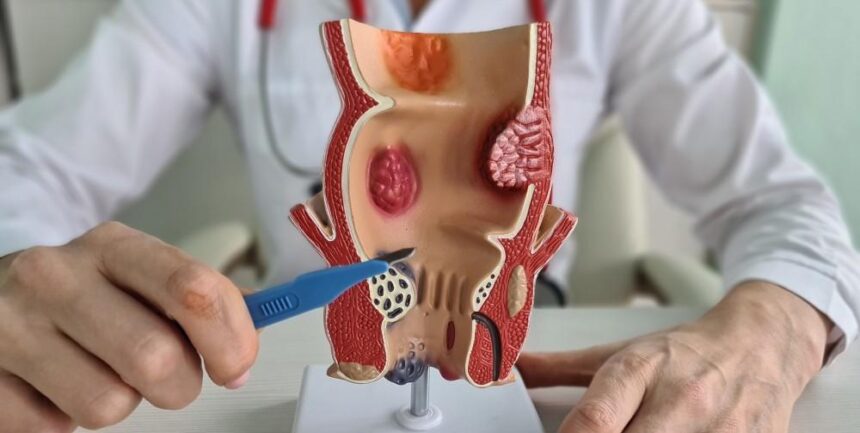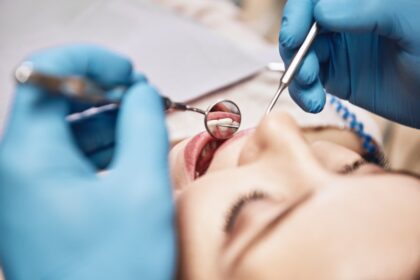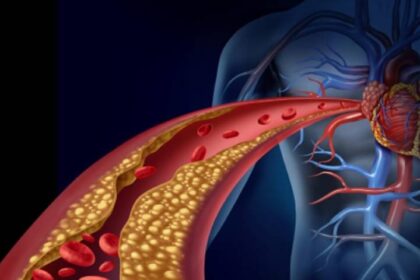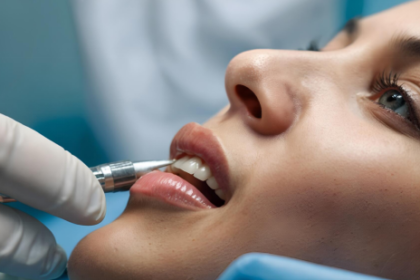Hemorrhoids develop when veins in the lower rectum and anus swell. This condition often causes discomfort, and people can address it by combining natural remedies with lifestyle adjustments. Understanding supportive strategies and gradually making specific changes to daily routines allows individuals to manage ther symptoms, including pain and itching. Here are some natural remedies and lifestyle changes for hemorrhoids:
Modifying Diet To Encourage Bowel Health
Diet plays a key role in promoting digestive regularity and maintaining stool consistency. Individuals experiencing hemorrhoidal discomfort may benefit from adjusting their typical dietary choices to alleviate strain during bowel movements. Increasing fiber intake remains a fundamental recommendation.
Fiber adds bulk and softens stool; this streamlines its passage through the digestive tract and lessens the effort during elimination. Rich sources of both soluble and insoluble fiber include vegetables, fruits, whole grains, and legumes. It is helpful to gradually add more high-fiber foods to meals, which may reduce the likelihood of gas or bloating. Adequate hydration is equally fundamental for managing hemorrhoids. Consuming plenty of water allows fiber to work effectively by softening stool and promoting regularity.
Adjusting Daily Routines for Comfort
Modifying daily activities supports both rectal health and overall comfort. Regular movement aids the digestive system and can prevent constipation, which often aggravates symptoms. Choose activities like walking, swimming, or yoga to promote gentle bowel regularity. These forms of exercise help prevent excessive strain on the anal region, and they create a supportive environment for healing.
Long periods of sitting, especially on hard surfaces, add pressure to the veins around the anus and rectum. For those who sit at a desk throughout the day, taking scheduled breaks to stand or walk can help mitigate added pressure. Altering bathroom habits is another fundamental strategy. Avoid delaying bowel movements; holding off the urge can lead to harder, drier stools and increase difficulty during elimination. During toilet use, refrain from straining or lingering, as both actions put unnecessary pressure on sensitive tissues.
Using Topical Techniques for Soothing Relief
Natural, gentle methods provide localized comfort for hemorrhoidal symptoms such as itching or irritation. Practicing regular sitz baths, which involve sitting in several inches of warm water for several minutes, may be helpful. A bathtub or a specialized sitz bath kit fits this purpose. After soaking, gently pat the area dry; rubbing could lead to further irritation.
Cold compresses or ice packs, wrapped in a soft cloth, present another approach for reducing swelling or numbing sensitive areas. Using moist towelettes or wet toilet paper can be less irritating following a bowel movement than traditional dry paper. When selecting wipes, choose fragrance-free and alcohol-free products to help minimize further irritation.
Seeking Medical Input When Symptoms Persist
For mild cases, following at-home guidelines can provide sufficient support, but it’s key to contact a healthcare provider for persistent or severe symptoms. Professional input promotes an accurate assessment and helps identify other possible causes when discomfort does not resolve with self-care measures. Bleeding, significant pain, or a lack of improvement all indicate scenarios where professional evaluation may be beneficial. Healthcare providers help tailor care to each individual’s unique situation and discuss options informed by clinical expertise.
Visit a Hemorrhoids Specialist
While hemorrhoids may cause substantial discomfort, natural remedies and targeted lifestyle changes are often helpful for everyday symptom management. Focusing on diet, activity, soothing routines, and knowing when to seek professional input enables individuals to address this issue in a practical, guided manner. If symptoms remain troublesome, contact a healthcare provider for tailored, evidence-based advice.









